February 10, 2025 | Washington, D.C. & Moscow
Former U.S. President Donald Trump has confirmed that he recently engaged in discussions with Russian President Vladimir Putin, sparking global debate about the implications of their talks. Trump, known for his unconventional diplomatic style, has remained tight-lipped about the details, fueling speculation about the nature of their conversation. With global stability at stake, the world is left questioning what these discussions could mean for international relations, the ongoing war in Ukraine, and the future of U.S.-Russia ties.
What Did Trump and Putin Discuss?
The primary question looming over this development is: What exactly did Trump and Putin talk about? While Trump has not provided explicit details, he hinted at discussions about ending the Russia-Ukraine war. “Every day, people are dying. This war is so bad in Ukraine. I want to end this thing,” Trump stated in an interview. However, he did not elaborate on what role he envisions for himself in any potential peace process.
The Kremlin has been equally vague, neither confirming nor denying the specifics of the conversation. Dmitry Peskov, Putin’s spokesperson, provided a cryptic response when asked about Trump’s claims: “I personally may not know something, be unaware of something. Therefore, in this case, I can neither confirm nor deny it.”
Given Trump’s history of fostering a controversial rapport with Putin during his presidency, many speculate that the discussion may have extended beyond Ukraine, potentially touching on broader U.S.-Russia relations and global geopolitical shifts.
Could Trump Mediate the Russia-Ukraine War?
Trump has previously claimed that he could bring an end to the war in Ukraine within 24 hours if elected again. While such a claim may seem ambitious, it raises the question: Could Trump play a role in future negotiations?
During his presidency, Trump faced criticism for his approach to Russia, particularly after the Helsinki summit in 2018, where he appeared to side with Putin over U.S. intelligence agencies on election interference. Despite this, some analysts argue that Trump’s ability to communicate directly with Putin without bureaucratic red tape could offer a unique pathway to negotiations.
However, critics warn that any mediation attempt by Trump could undermine official diplomatic channels led by the Biden administration and NATO allies. Ukraine’s leadership has also expressed skepticism over Trump’s claims, questioning whether his negotiations would align with Ukraine’s interests or favor Russia.
How Will This Affect U.S. Politics?
Trump’s latest engagement with Putin comes at a critical time in U.S. politics. As the 2024 election cycle intensifies, Trump remains the front-runner for the Republican nomination. His interactions with Putin are likely to become a focal point for both his supporters and opponents.
For his base, Trump’s willingness to engage with Putin reinforces his image as a leader unafraid to challenge diplomatic norms. Many of his supporters view him as a dealmaker capable of handling international conflicts in a way that traditional politicians cannot.
Conversely, Democrats and some Republicans argue that Trump’s continued engagement with Putin raises national security concerns. They point to past allegations of Russian interference in U.S. elections and warn that Trump’s dialogue with Putin could signal a soft stance on Russia’s aggressive policies.
What Does This Mean for Global Power Dynamics?
The Trump-Putin talks have broader implications for global power structures. The U.S. and Russia remain two of the most influential players in global politics, and any shift in their relationship could impact NATO, China, and the broader international community.
One key concern is how these discussions might affect U.S. allies in Europe. NATO has taken a firm stance against Russia’s invasion of Ukraine, providing military and financial support to Kyiv. If Trump’s conversations with Putin suggest a shift in U.S. policy—especially one that leans toward negotiation rather than continued support for Ukraine—it could create tension among Western allies.
Additionally, China, a crucial geopolitical player, will likely monitor these developments closely. If Trump is seen as forging a renewed bond with Putin, Beijing may adjust its diplomatic strategies, particularly regarding its relationships with both Moscow and Washington.
What Are the Next Steps?
With Trump keeping the details of his discussions under wraps, the world is left to speculate about the next moves in this evolving situation. Will Trump continue private discussions with Putin? Could these talks influence U.S. foreign policy, especially if Trump secures another term in office?
For now, one thing is clear: Trump’s conversations with Putin have reignited debates about power, diplomacy, and the future of global stability. As the international community watches closely, the answers to these pressing questions may shape the geopolitical landscape for years to come.
Also Read-
1. Did 1 Monkey Really Cause Sri Lanka’s 10-Hour Nationwide Power Cut? Minister’s Claim Sparks Debate
2. Is Bangladesh’s Operation Devil Hunt a Power Move or a Political Crisis? 1300 Arrests and Counting
3. 4,000-Year-Old Egyptian Pyramid Opened: A Powerful Discovery or a Curse Unleashed?






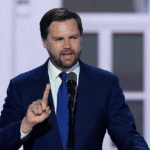
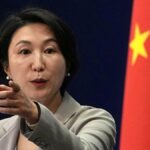



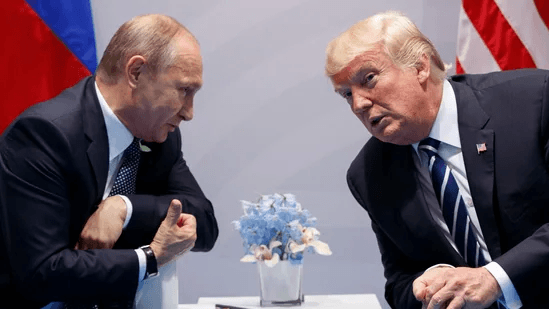
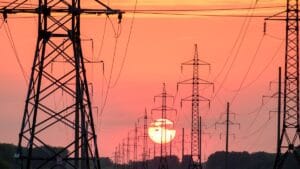
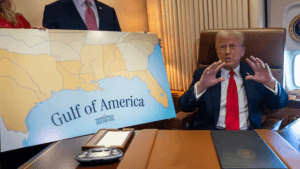
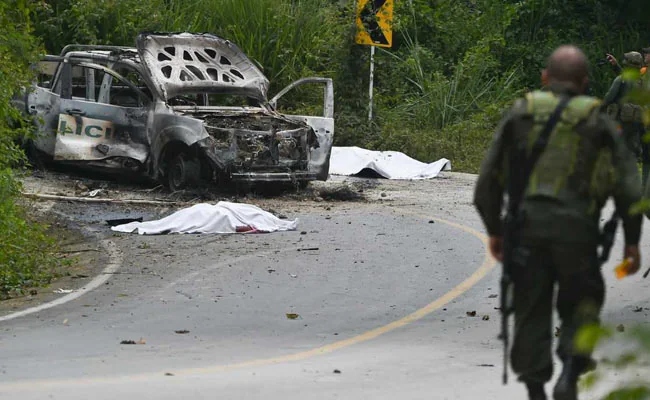


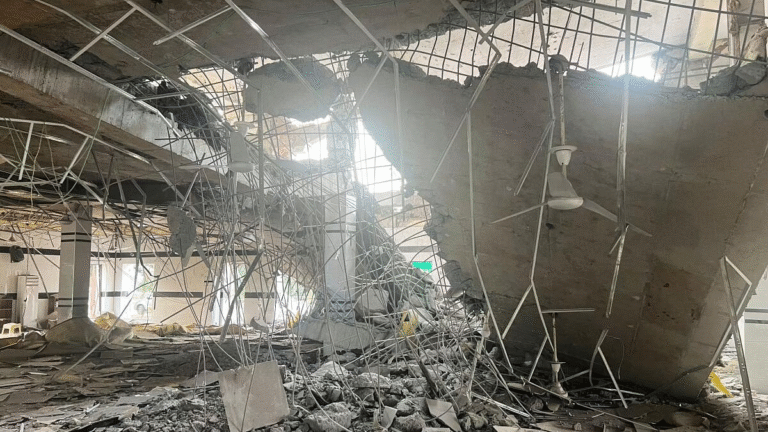
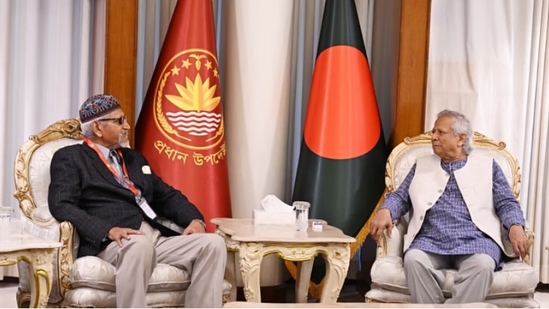
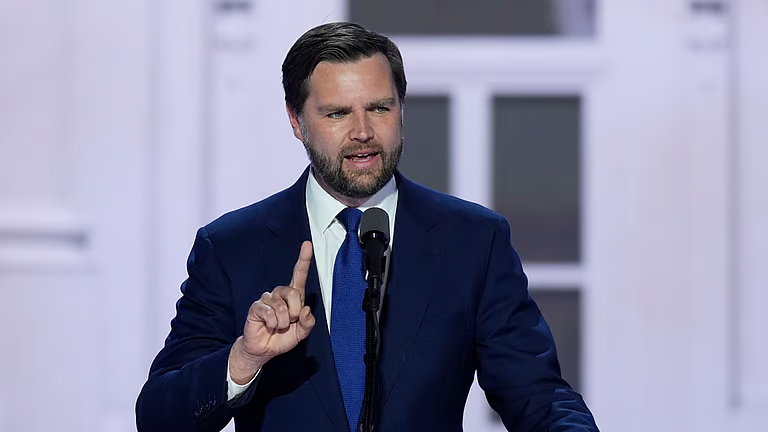
One thought on “Trump-Putin Talks: 5 Key Questions on Power, Diplomacy, and Global Stability”